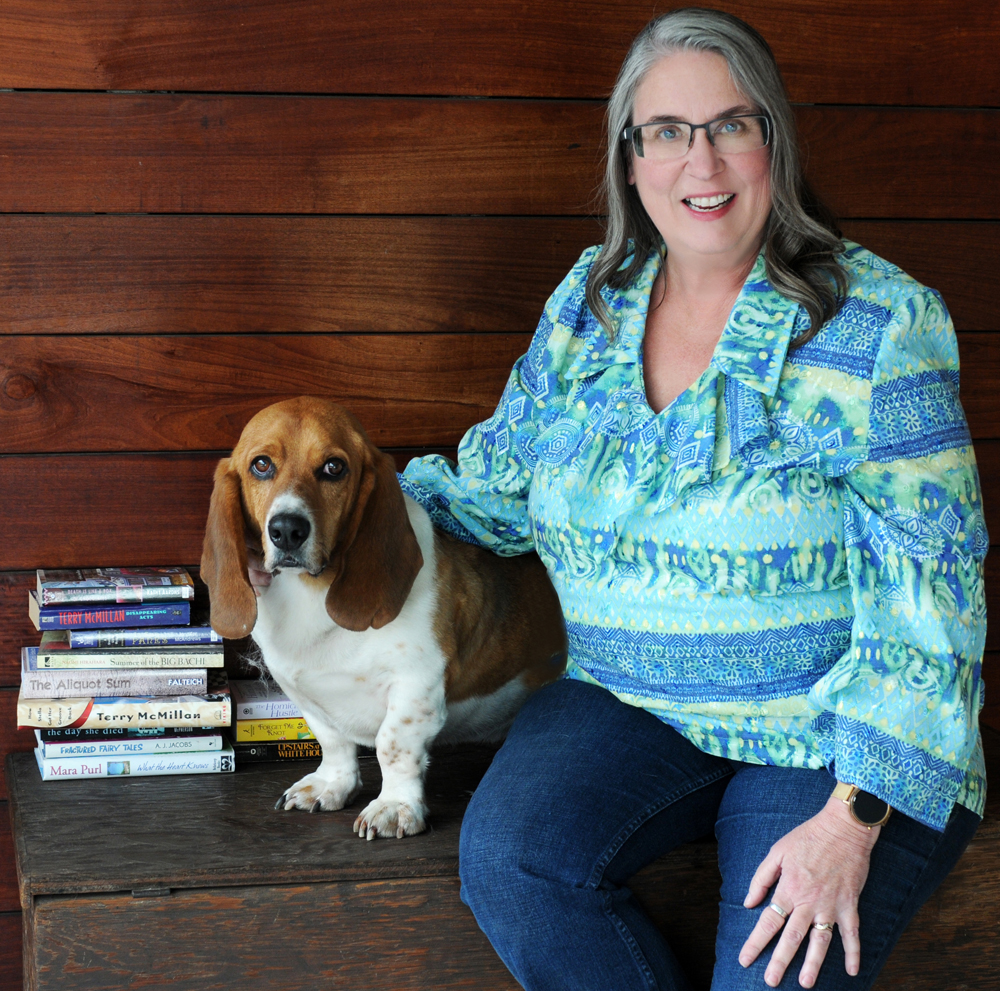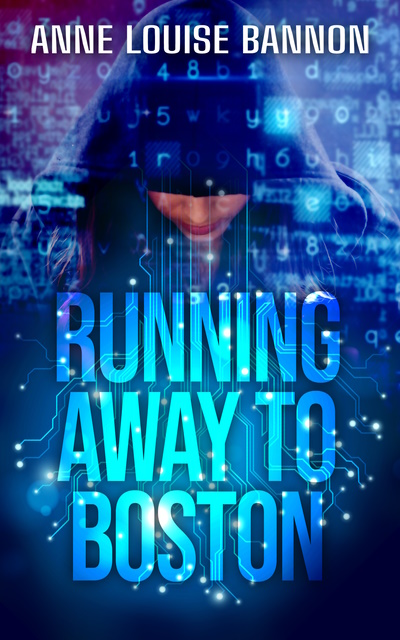I’m happy to host Anne Louise Bannon again. She’s a prolific, talented writer. Let’s take a deeper look into the creation and development of two of her characters. Please share and leave a comment. We’ve love to hear from you.
ON LIVING AND BREATHING CHARACTERS
By Anne Louise Bannon
My host, Kathleen Kaska, has posed a question: If your character could change anything in their life, what would it be and why?
Which got me thinking about several of my characters. Many of them are fairly comfortable with their circumstances. But when I look over my two main series and my new stand-alone, each series and the stand-alone feature characters that would dearly, dearly love to have changed something in their lives.
Sid Hackbirn, from the Operation Quickline series, would have immediately and quickly changed going into the army when he got drafted in 1969, thus averting a sixteen-year estrangement from his aunt, not to mention all the horrors of fighting in a war. Maddie Wilcox, from the Old Los Angeles series (which is set in the 1870s), would have changed agreeing to marry her terrible husband and instead would have found a way to make a living as a physician in her native Boston.
The interesting thing in both those cases is that Sid and Maddie both benefitted from their respective experiences. If Sid had not been drafted, he would not have been blackmailed into the espionage trade and found his calling. Not to mention, he would never have stayed with Lisa Wycherly, who profoundly changed his life. He wouldn’t have needed a partner for his spy business, let alone been forced to keep her around. In fact, he will eventually realize that everything he has that he genuinely cares about, he has because of the shitshow (as Sid would put it) that was the Vietnam War.
Because Maddie’s husband brought her to Los Angeles, she was able to not only work as a physician but became a woman of property – not an easy thing to do in the Nineteenth Century. Nor would she have her dearest friends.
However, Jannie Miller, my protagonist in Running Away to Boston, a contemporary tech thriller, did not benefit. If Jannie could change anything about her life, it would be her abusive father. Thanks to his abuse, Jannie and her mother get separated when her mother tries to leave after a devastating tornado strikes their hometown, and, thinking that Jannie is dead, abandons her. Because of her father’s abuse, Jannie’s mother can’t contact her daughter because hers and Jannie’s safety depends on her father believing that Jannie’s mother is dead.
Personal trauma is great for dramatic conflict and character development. I also believe that while suffering is bad, and should not be sought after, when it does happen, it can have its positive effects. My father is not an abuser. I was not abandoned by my mother. But things have happened in my life that I would have preferred that they hadn’t. And yet, a lot of who I am was formed by those incidents, and hopefully, in learning to cope with those wounds, I have become a better person.
I don’t know if Jannie will be able to come to peace about her lousy childhood. If Sid and Maddie do (eventually), that may be because both have been in my head for a lot longer. Sid and Lisa have been knocking around in my brain for over forty years. Maddie for six or seven years.
I hope to explore more of Jannie’s woundedness and her efforts to get over it. Pain, it seems, is a regular part of our human experience, and maybe it will give hope to others to see a character get past her own.

Running Away to Boston by Anne Louise Bannon
There’s always a way in…
Jannie Miller finds people. The only person she can’t find is her mother, who supposedly perished in a tornado but is deep in hiding from Jannie’s abusive father. When Jannie’s ex-boyfriend, FBI agent Brent Mikkelson, hires Jannie to find Tanya Coleman, a young witness to a vicious murder, he unwittingly drags Jannie into the violence.
Set in Los Angeles, Jannie soon suspects that Tanya might have more to her than anyone would guess. Tanya has been working for Wheeling Corp., a think tank that only pretends to be benevolent. When Jannie gets too close, her mother comes out of hiding to warn Jannie off but then accepts her daughter into the ragtag group of ethical computer hackers intent on bringing Wheeling down. It’s not just Wheeling’s unethical behavior. The group has discovered that the think tank is writing a virus that could bring the American economy to its knees.
It’s a race against time and a hired assassin, as Jannie comes to know a mother who never really abandoned her and faces a boyfriend who couldn’t be there for her.



Having Anne as a guest and Books, Birds, and Banter is always a pleasure. And congratulations on your new book, Anne!
Thanks for having me, Kathleen. It was a fun post to think about.